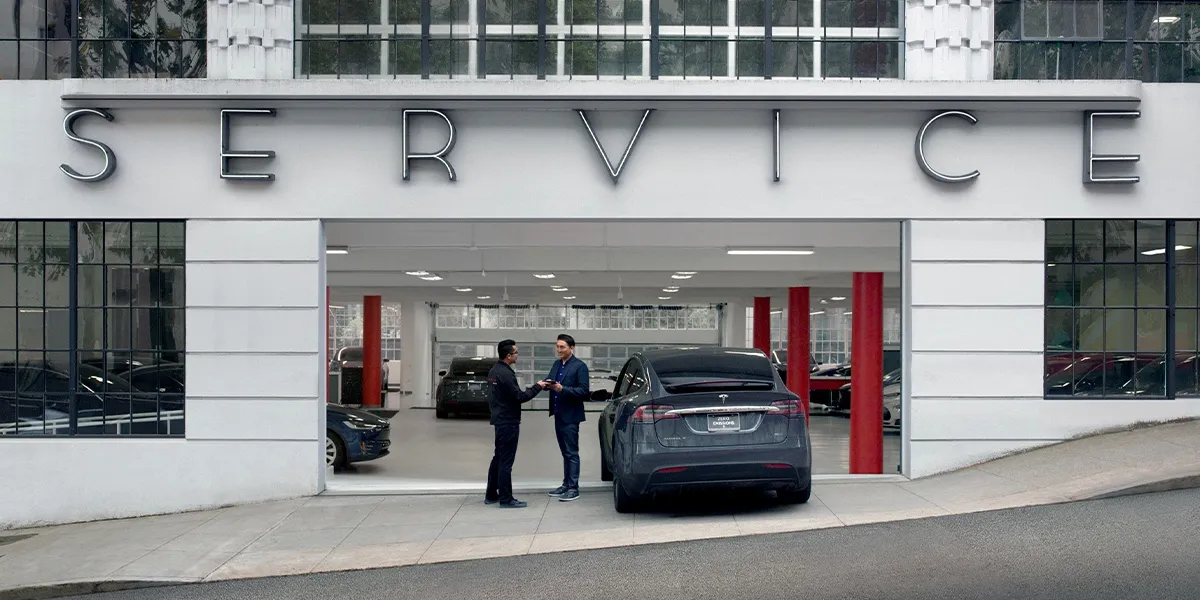
Tesla imports into Sweden are to be blocked from Tuesday, after dockers announced a ban on handling the electric cars at the country’s ports.
The Swedish Transport Workers Union will introduce the ban on 7 November in what union leaders described as a sympathy action with members of the IF Metall union, who work in Tesla’s Swedish repair shops. Last Friday they went on strike over the manufacturer’s refusal to sign a collective work agreement.
IF Metall representatives said Tesla’s local subsidiary, TM Sweden, had refused to sign the agreement for several years, prompting last week’s walkout.
And next week, the dispute will spread to four Swedish ports – Malmo, Gothenburg, Trelleborg and Södertälje – from midday on 7 November.
“For transport, it is a matter of course to back IF Metall when they ask for support,” said Swedish Transport Association chairman Tommy Wreeth (pictured). “In Sweden, and in the Swedish labour market, we have collective agreements – transport will always stand up for that.
“Of course, Tesla employees should also be covered by safe and fair conditions,” he added.
The union said the ban on handling Tesla vehicles would continue until further notice, or until a collective agreement is signed, but claimed other cargo operations would remain unaffected.
“The sympathy action involves a blockade of all unloading and loading of Tesla cars in the four Swedish ports,” a statement said.
“The blockade only applies to the unloading and loading of Tesla cars. Other work in the port will not be affected,” it added.
The action could put a significant dent in Tesla’s market share in Swseden. According to eu-evs.com, which tracks new electric car registrations across European markets, Tesla sold 9,189 units in 2022 and commanded a 9.5% market share in Sweden, placing it fourth in electric car sales in the country.
However, this year it has catapulted into first place, with 16,807 cars sold so far, raising its market share to 18%.
Loadstar Premium today publishes an in-depth analysis of the supply chain of finished electric vehicles, and asks whether a looming glut of capacity in the car-carrier market could sink shipping lines.















